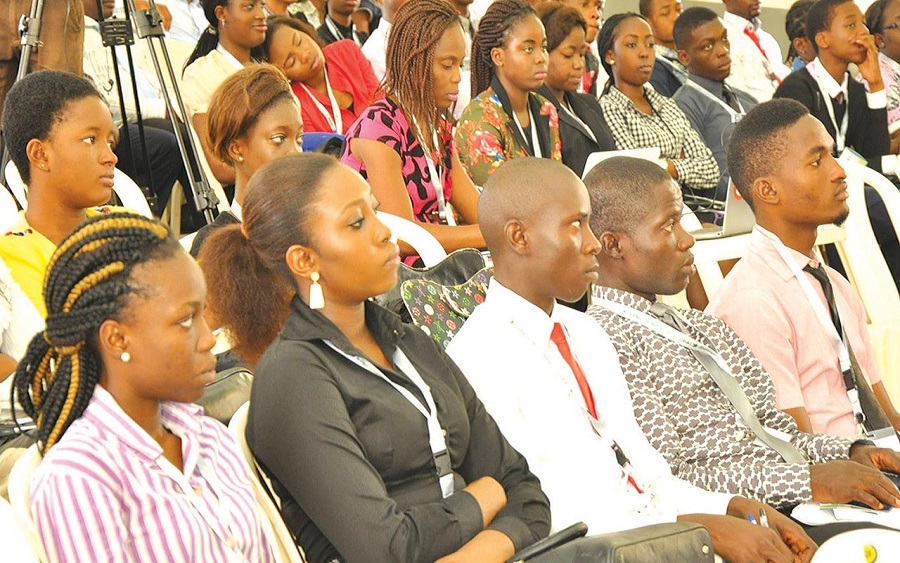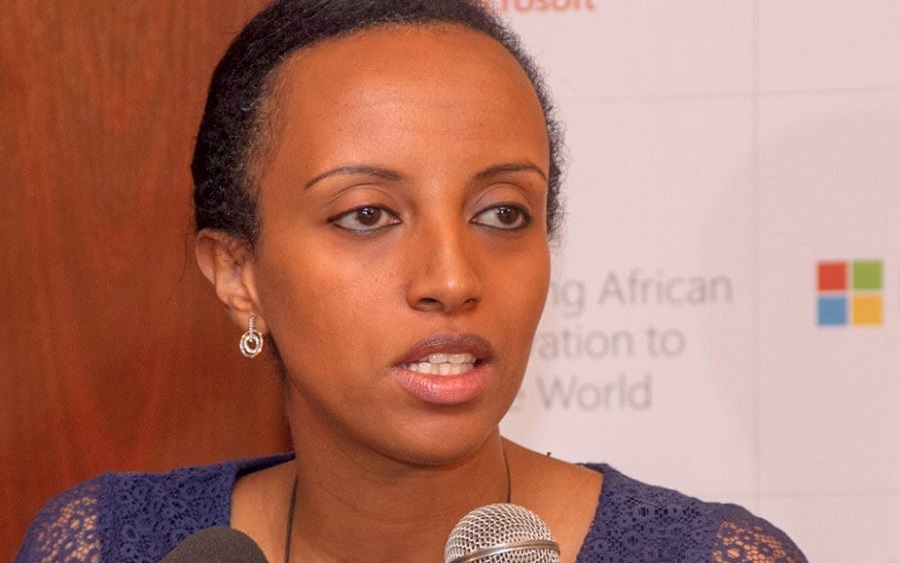Technology giant, Microsoft, has said it has plans to make Artificial Intelligence (AI) available to everyone on the continent, through its 4Africa initiatives.
The company in a statement said this is in line with its global mission to motivate every person and organisation on the planet to achieve more.
“We are partnering with forward-thinking policy makers, innovative startups, technology partners, civil society groups and stakeholders to promote the growth of a vibrant AI ecosystem in Africa – one that enables inclusive growth and provides a clear and trusted path to digital transformation.”
Furthermore, the company also said AI will be the driving force of the Fourth Industrial Revolution, adding that its widespread acceptance and adoption among businesses is still in early stages.
It said last year was an important one in shifting current perceptions around AI, demonstrating it as a technology that is here to augment human capabilities, not replace them, and to benefit the speed and scale of any organisation, large or small.
“Microsoft, through initiatives such as 4Afrika, has its sights set on making AI available to everyone on the continent, in line with our global mission to empower every person and organisation on the planet to achieve more. We are partnering with forward-thinking policy makers, innovative startups, technology partners, civil society groups and stakeholders to promote the growth of a vibrant AI ecosystem in Africa – one that enables inclusive growth and provides a clear and trusted path to digital transformation.”
In addition to this, the company in the past have been contributing to the growth and development of Africa. Like the banking sector and Small and Medium Scale Enterprises (SMEs) in Nigeria
About Microsoft’s AI For Africa
The Microsoft Artificial Intelligence (AI) for Africa is an opportunity for growth, development, and democratisation white paper which was launched at the CIO100 Symposium on 29th November 2018 at the Enashipai Resort.
AI for Africa was created to solve some of the most pressing challenges that impact Sub-Saharan Africa and drive growth and development in core sectors including healthcare, agriculture and public sector applications such as financial services and education.






















